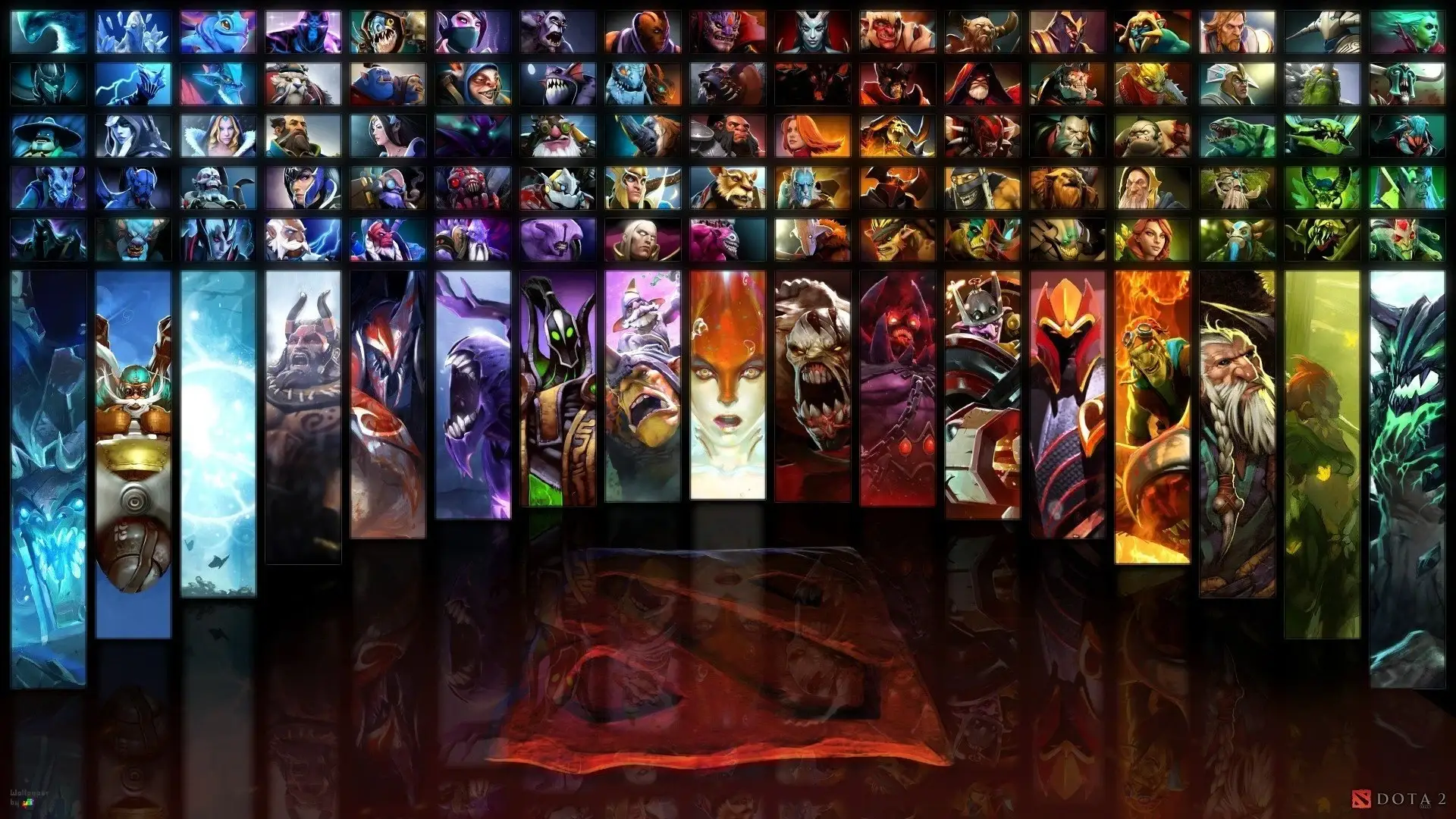Technology has long since moved beyond PC and console gaming. Mobile eSports are actively gaining momentum today, attracting millions of spectators and participants worldwide. Competitions for mobile games are growing, offering impressive prize pools and international championships. Thanks to phones, which almost everyone has, everyone can try their luck in a new format. Exciting games, adrenaline, tactical battles – all this makes mobile eSports a true spectacle. How does this phenomenon work and what do the exciting tournaments that bring together the world’s best gamers look like?
Mobile eSports: what it is and how it works
Mobile eSports is competitive gaming on smartphones and tablets. It is based on games developed specifically for adaptive platforms. The accessibility of mobile devices makes it popular with a wide audience.
Features:
- Mobility: participation in tournaments is possible from anywhere in the world if a stable internet connection is available. Players can compete against each other from home, on the road or in specially organised arenas.
- Affordability: a smartphone or tablet is much cheaper than a PC or game console, allowing more people to try out the competition.
- Short matches: Games are adapted for quick and dynamic matches that can be completed in 10-15 minutes.
- Technical requirements: Powerful devices, powerful processors, a touch screen and a cooling system are used.
- Flexible formats: Tournaments are held both online and in large LAN events with physical presence of teams and spectators.
Mobile e-sports is also characterised by high development dynamics. Every year, new games appear, existing disciplines are updated and prize pools grow. This creates the conditions for a constant influx of players and spectators, which keeps the industry vibrant and relevant.
How competitive mobile games work
Developers carefully optimise graphics, mechanics and interface for touch controls, ensuring a level playing field for all participants.
Requirements:
- Balance and fairness: no paid elements so that all players have an equal chance of winning. Developers create mechanisms that require skill, not monetary investment.
- Stable servers: minimise lag and latency to ensure fair competition. Servers should handle thousands of users at once.
- Intuitive controls: touch controls should be responsive and user-friendly, enabling complex manoeuvres and quick actions.
- Teamplay mechanics: ability to coordinate team actions, built-in voice chat and communication tools.
- Graphics and performance: optimised for different devices to ensure that both premium and budget models offer a comfortable gaming experience.
Popular genres and disciplines in mobile eSports
 Tournaments are organised in different key areas and each genre requires unique skills and strategies.
Tournaments are organised in different key areas and each genre requires unique skills and strategies.
Genres:
- Shooters: games where reaction and aiming are crucial. Popular examples include PUBG Mobile, Call of Duty: Mobile and Free Fire.
- MOBAs: projects that require tactical thinking and team coordination. Popular examples are Mobile Legends: Bang Bang, Arena of Valor and Vainglory.
- Card games: intellectual disciplines where success depends on strategic planning. For example, Hearthstone.
- Racing games: dynamic and entertaining speed contests, such as Asphalt 9: Legends.
- Fighting games: games where quick reactions and knowledge of punch combinations are important, such as Shadow Fight and Brawlhalla.
Examples of popular mobile tournament games
Some concepts have become true symbols of mobile eSports thanks to their popularity and the regularity of their matches. Here are some examples of projects that are attracting huge audiences:
- PUBG Mobile: a battle royale with millions of active players and international championships with large prize pools.
- Mobile Legends: a fast-paced MOBA game perfect for mobile devices.
- Free Fire: a concept with dynamic 10-minute matches that makes it accessible to all ages and skill levels.
- Call of Duty: Mobile: a shooter with different modes and high-quality graphics.
How mobile eSports tournaments are organised
Competitions require careful preparation and planning. Organisers create the conditions for fair competition and ensure high quality broadcasts and the competition process. Tournaments are organised in different stages and bring together players from different countries.
Play-offs:
- These are held online to identify the strongest players and teams.
- Thousands of players participate and only the best players qualify.
- Platforms are used for automated match management and scorekeeping.
Group stage:
- Selected teams are divided into groups.
- Home and away matches are played to determine who advances to the playoffs.
- Points are awarded for each match and the best teams qualify for the next phase.
Play-offs:
- Elimination matches in which the losers drop out of the tournament.
- Intense and exciting matches that are often decided in the final seconds.
- Play-off finals are usually best-of-3 or best-of-5.
Grand Final:
- The highlight of the tournament, where the two strongest teams compete against each other.
- The final match is accompanied by spectacular broadcasts, expert commentary and analysis.
- Winners receive cash prizes and championship titles.
Prize pools and rewards in mobile eSports
Prize pools in the new format grow every year, making the industry not only exciting but also lucrative for players. International championships offer winners impressive sums of money, motivating teams to constantly improve.
Examples of big prizes:
- PUBG Mobile Global Championship – $4 million.
- Call of Duty: Mobile World Championship – $1 million.
- Free Fire World Series – $2 million in prize money.
In addition to cash prizes, participants receive titles, medals and recognition on the world stage. These prizes help teams increase their popularity and brand awareness, and open the door to sponsorship deals and advertising campaigns.
Conclusion
 Mobile e-sports is a dynamic and promising industry that unites millions of players around the world. Tournaments, exciting games and professional coaching make mobile gaming vibrant and exciting. Developing technology and increasing prize money predict a bright future for mobile e-sports disciplines.
Mobile e-sports is a dynamic and promising industry that unites millions of players around the world. Tournaments, exciting games and professional coaching make mobile gaming vibrant and exciting. Developing technology and increasing prize money predict a bright future for mobile e-sports disciplines.
 en
en  de
de  ar
ar  es
es  nl
nl  hi
hi  fr
fr  it
it  pt
pt  el
el 









